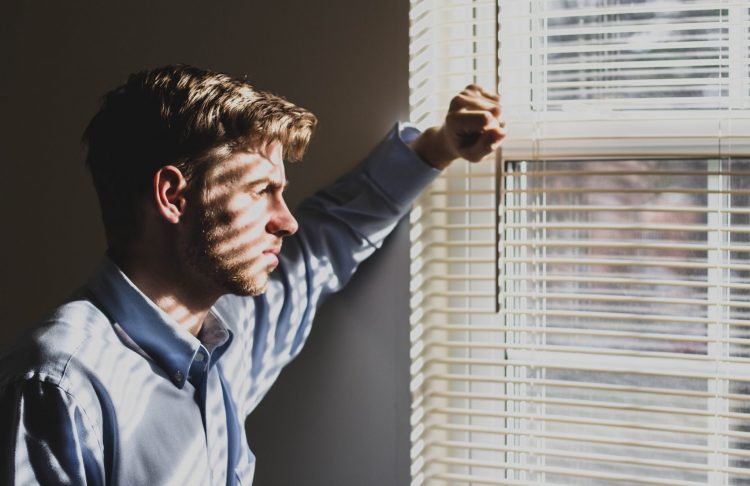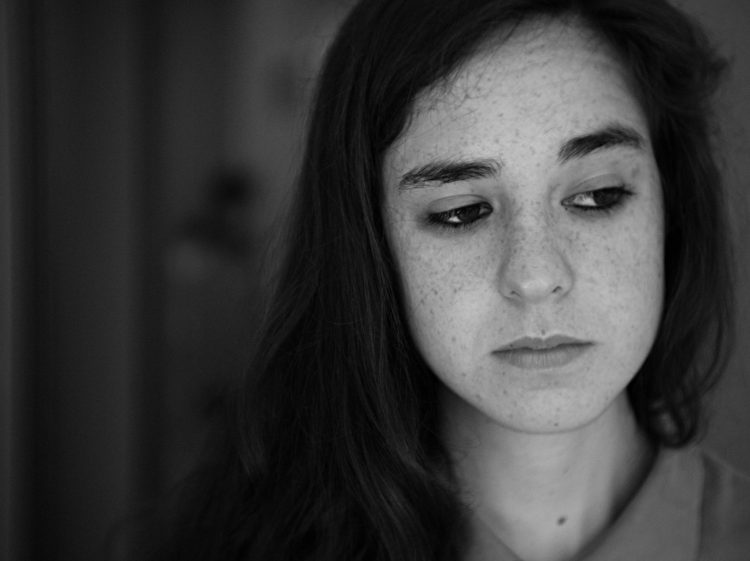Can mental health and addictions affect relationships in a negative way? As a spouse, partner, friend or family member, we’re affected by his struggle in many ways. Addiction, depression, emotional disturbances, post-traumatic stress disorder, aggressive behavior, and a range of mental disorders all present the ultimate challenge for any relationship.
Problems typically develop slowly over time. When a man starts manifesting symptoms of a disorder, his partner may sometimes feel empathy and want to help. This is similar to learning that someone has a serious physical illness. The partner may start by trying to find help for him, be there, support him, and show understanding. However, mental health problems present a somewhat greater challenge for the caring partner.
Affects of mental health symptoms
Symptoms of mental health are very challenging to address or be around because they often involve changes in behavior. For example, the depressed man often acts out in irritability or anger. This can lead to confusion for those around him and often leads to questions like: “is he being a jerk or is this a symptom of the depression?” The symptoms can seemingly change the man’s personality. Over time, this can negatively impact the relationship and the partner. In fact, it can cause mental health symptoms for the partner; the behavior leads to chronic stress, which can lead to burnout, which can lead to anxiety and depression.
Bodily illness presents a huge challenge
Bodily illness also presents a huge challenge for everyone affected. Nonetheless, even when disease changes the patient’s personality, it’s not the same as with mental health disorders. In such cases, it’s much easier to see that the illness causes the change and you can expect it to go away when the illness disappears. Often, there are physical reminders of this fact, visits to a doctor and lab results. With mental health disorder, both the causes (at least to some extent) and the consequences evolve on the same plane, within the psyche. An alcoholic can become pathologically jealous and begin to do bizarre “checks” of his spouse’s wardrobe or whereabouts. This is because alcoholism comes with gaps in memory, impotence, and other issues. As a result, the addict can become extremely insecure about his ability to provide emotional and sexual satisfaction to his spouse. Therefore, he begins to obsess about whether she or he has found someone else to give her that.
Trauma can lead to post-traumatic stress order

A man with an anxiety disorder or social phobia, for example, could evoke compassion and pity in a woman at first, but she might then become tired of having to take care of chores and go to gatherings alone. If a man survives a trauma, he could acquire a post-traumatic stress disorder. As a result, he could (unintentionally) hurt the ones he loves physically when he experiences a flashback. Many times, a man will react with something that is called “acting out.” This means acting in a way that allows a tension relief but does not address the inner conflict causing the tension. He might self-medicate by using extramarital sex as a psychological painkiller. He could engage in risky behaviors, practice unsafe sex, use drugs, or get into fights. Not to mention direct aggression against his partner, psychological or physical abuse. All of this is, from a psychotherapist’s perspective is a sign that something deeper is going on, but, it’s much more difficult for a partner to cope. It’s very hard for a partner to maintain an objective and compassionate attitude during the storm.
It’s normal to feel resentful

So, after some time, most partners begin to wonder and may ask themselves whether their man has always been aggressive. They explore if he has an “addictive personality” or if he is a “serial cheater.” They might begin to believe that he is, in fact, lazy, not depressed. They, understandably so, might become more focused on how much his behavior hurts them. It’s normal to start feeling resentful. Partners will sometimes receive advice from those close to them. Most often, they will hear that they should leave the man. This advice is well-intentioned because a loved one might see that the partner isn’t treated right. Yet, these feelings and doubts also cause a lot of guilt in the partner. Everyone in that position feels that they should be more caring and understanding. However, they often just can’t get over their own pain. This pain is very real and has a lot of emotional changes. Often, we hear the partner of men with mental health disturbances saying: “I just want my person back.” When enough transgressions accumulate, the relationship is often over, and the man is left alone with his problems. The partner, in turn, is also alone.
At Denver Men’s Therapy, we see another option; when addiction and mental health issues are treated, and all family members are supported, both the man and those that love him can become a stronger team and live a fulfilling life together.













